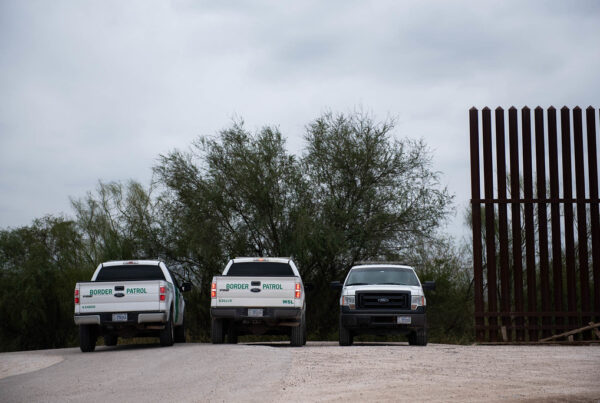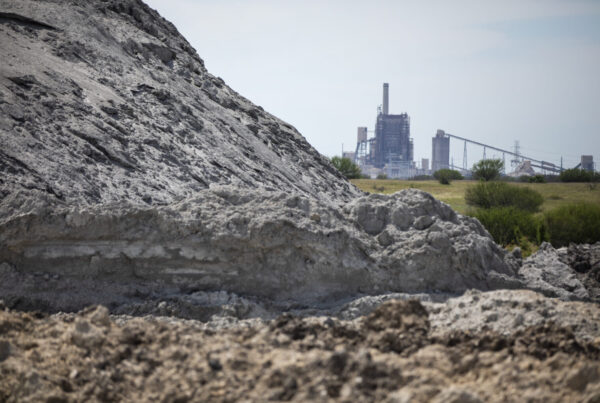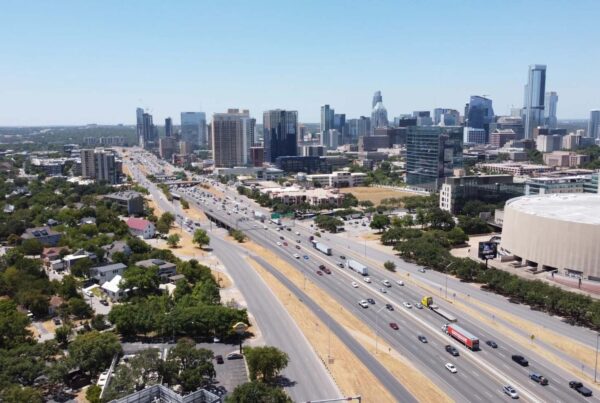From The Texas Tribune:
The Texas attorney general’s office last week dealt a blow to a rural county that has been searching for ways to keep solar farms away.
Residents in Franklin County, about a two-hour drive east of Dallas, have been fighting proposals for solar development because they don’t want to see trees cut down, grasslands scraped away or wildlife blocked with fences, among other reasons.
Residents there pushed their county commissioners last year to impose a 180-day moratorium on commercial solar development, which the county attorney warned would not be enforceable. The commissioners later rescinded it, and the county attorney in February asked the attorney general’s office to review whether they had the power to enforce such a ban.
Angela Colmenero, who is serving as provisional attorney general while Ken Paxton awaits a trial in the state Senate that will decide whether he will be removed from office, told the county that Texas law doesn’t give county governments specific authority to ban the development of solar farms. And while other laws do give counties control over roads and public health, those laws could not likely be stretched to back up a solar farm ban, she said.
Gary E. Smith, an attorney for residents in Franklin County who are suing to stop solar companies from developing there, said he believed a moratorium could still be enforced if it were properly drafted.
“An attorney general’s opinion has no legal effect whatsoever,” Smith said. “It is just the opinion of the attorney general and whatever lawyers work for him (or her).”
The argument in Northeast Texas is not an isolated case. Across the nation, communities that are used to having open wild or agricultural land are seeing that property being redeveloped for wind turbines and solar panels. Others in Texas, which produces more wind power than any other state and is second in solar power production, have fought developments with lawsuits, Facebook groups and a legislative ban on companies from China, Iran, North Korea or Russia connecting to the state’s electric grid.
While wind and solar power play a significant part in slowing the emissions of greenhouse gases that are fueling climate change, they also require a lot of space. Pushback from residents has prompted discussions of where clean energy technology should best be built and how.
In Texas, some urged lawmakers earlier this year to pass strict regulation of proposed wind and solar projects, but that idea received significant opposition from renewable energy companies that called the proposals unfair and overly restrictive and pointed to the jobs and cheap, emissions-free power they provide. The bill proposing the regulations did not pass.
Disclosure: Facebook has been a financial supporter of The Texas Tribune, a nonprofit, nonpartisan news organization that is funded in part by donations from members, foundations and corporate sponsors. Financial supporters play no role in the Tribune’s journalism. Find a complete list of them here.















